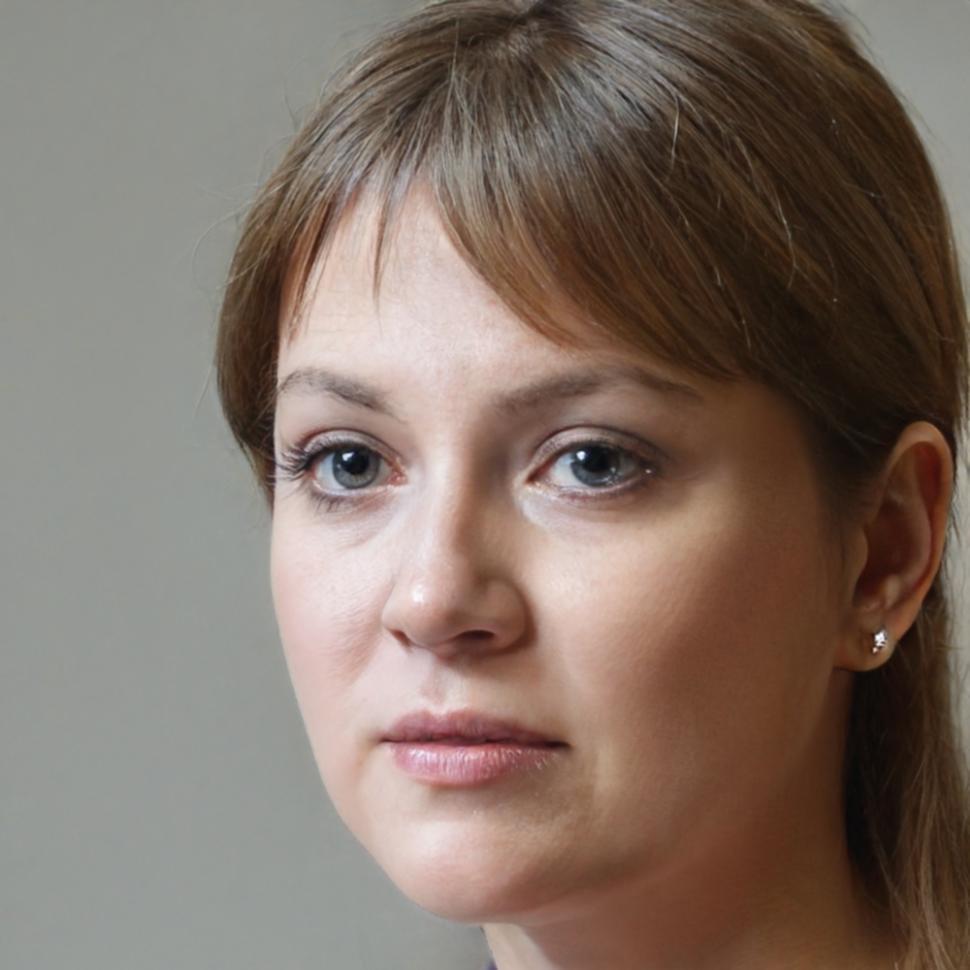We Started With a Question Nobody Was Asking
Why does financial education feel like reading insurance fine print?
Back in 2019, two educators in Darwin got tired of watching people struggle with money concepts that should've been straightforward. We figured there had to be a better way to teach this stuff—something that actually stuck with people beyond the first week.
How We Got Here
What began as weekend workshops for friends turned into something we couldn't ignore. Here's the messy, honest version of our journey.
The Kitchen Table Phase
Brinley and I were running informal money workshops from a community center. We'd print out materials at home, bring cookies, and try to make budgeting less painful. Seventeen people showed up to that first session. By session four, we had forty-three.
The Pivot Year
COVID hit and we moved everything online—not because we wanted to, but because we had to. Turned out people were way more comfortable talking about their financial mistakes over Zoom than in person. We learned to read virtual body language and adapt our teaching style completely.
Becoming Legitimate
Registered hirenorium as a proper entity and moved into our first real office space on McMinn Street. Started working with behavioral economists to refine our approach. We realized teaching facts doesn't change behavior—understanding psychological patterns does.
Building the Framework
Spent eighteen months developing our core methodology based on real participant feedback. We tested everything—different lesson lengths, various teaching formats, alternative assessment methods. Most of our initial ideas didn't work. The ones that did became our foundation.
What's Coming Next
We're launching specialized programs for different life stages starting October 2025. Not because we think we've figured everything out, but because we've learned enough to be useful. And honestly, that's all we ever aimed for.
What We Actually Know About
Six years of teaching financial concepts has given us some specific insights. These are the areas where we've accumulated genuine expertise through repeated trial and error.
Behavioral Money Patterns
We've tracked how people actually make financial decisions versus how they think they do. The gap between those two things is where most money problems live. Our research with 800+ participants revealed patterns that textbooks don't mention.
Learning Retention Methods
Most financial education has a three-week shelf life. We've spent years figuring out why concepts don't stick and developed techniques that seem to work better. It's about context and repetition, not complexity.
Debt Psychology Research
Debt isn't just a math problem—it's an emotional one. We've documented how shame, anxiety, and avoidance affect financial decision-making. Understanding the psychology helps people actually change their approach instead of just feeling bad about it.
Practical Implementation Systems
Theory is useless without execution. We've developed step-by-step systems that people can actually follow through on. These aren't revolutionary—they're just realistic about human nature and busy schedules.

Learning Should Feel Like Conversation
We don't lecture. We don't use complicated jargon to sound smart. Financial concepts aren't inherently confusing—they've just been explained badly for decades.
Our sessions feel more like group problem-solving than traditional classes. Participants bring real situations, we work through them together, and everyone learns from the collective experience. It's messier than a polished presentation, but it works better.
See How We TeachThe People Behind the Programs
Just two educators who got frustrated with how financial literacy was being taught and decided to try something different.

Brinley Kovalenko
Co-Founder & Lead Educator
Spent twelve years teaching economics before realizing most of it didn't help real people with real money problems. Now focuses on translating academic concepts into practical tools that actually get used.

Vesper Aldridge
Co-Founder & Program Director
Background in behavioral psychology with a weird obsession for why people make irrational financial decisions. Designs our curriculum around how humans actually behave rather than how they should theoretically behave.